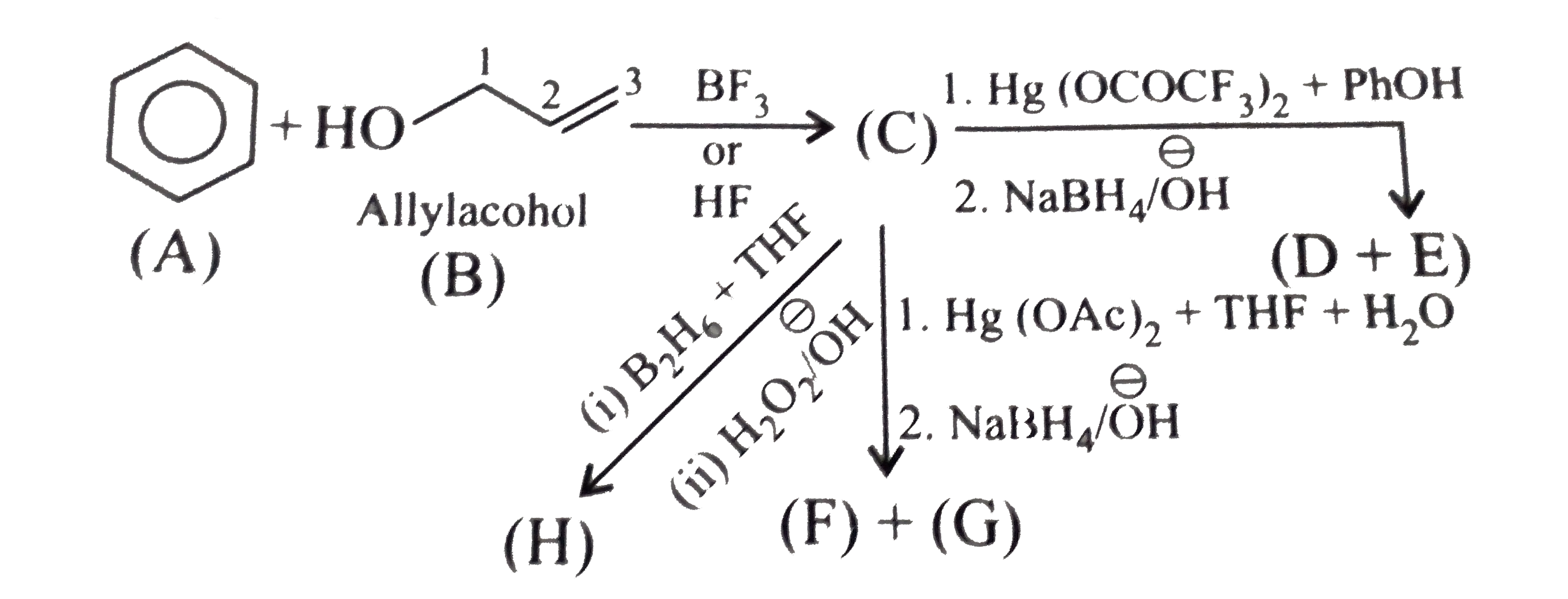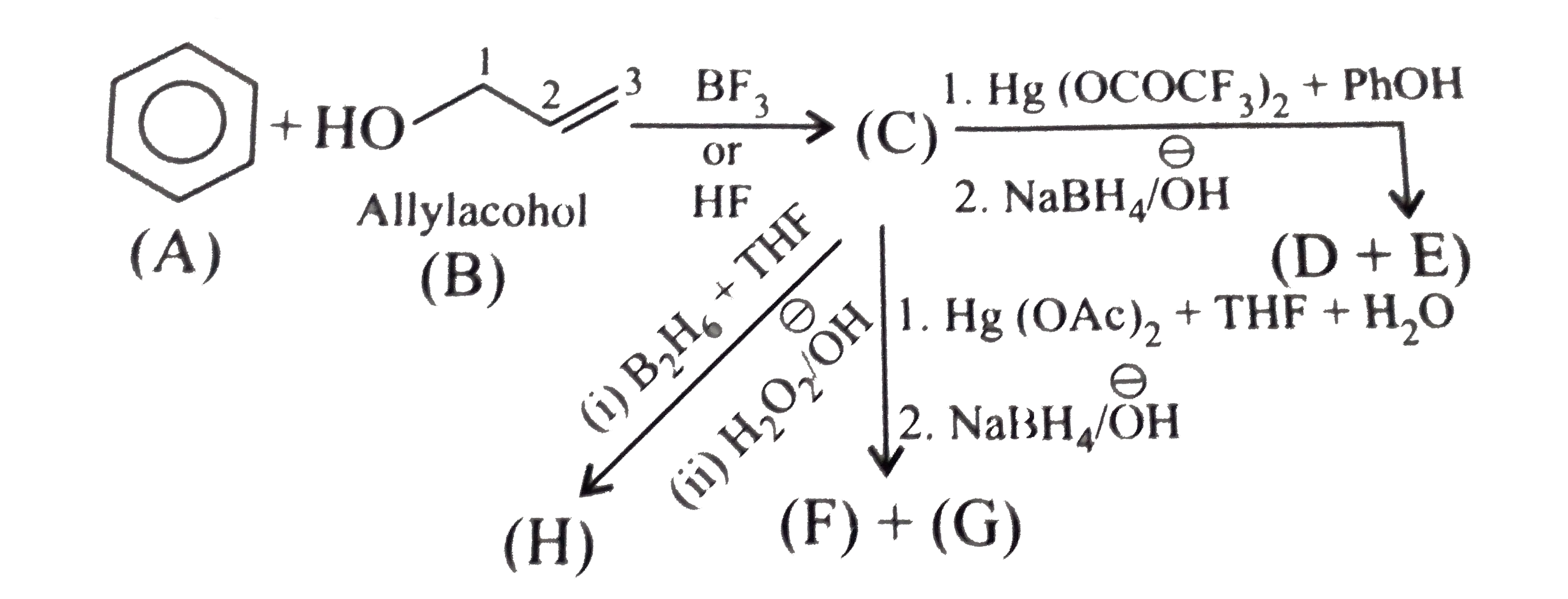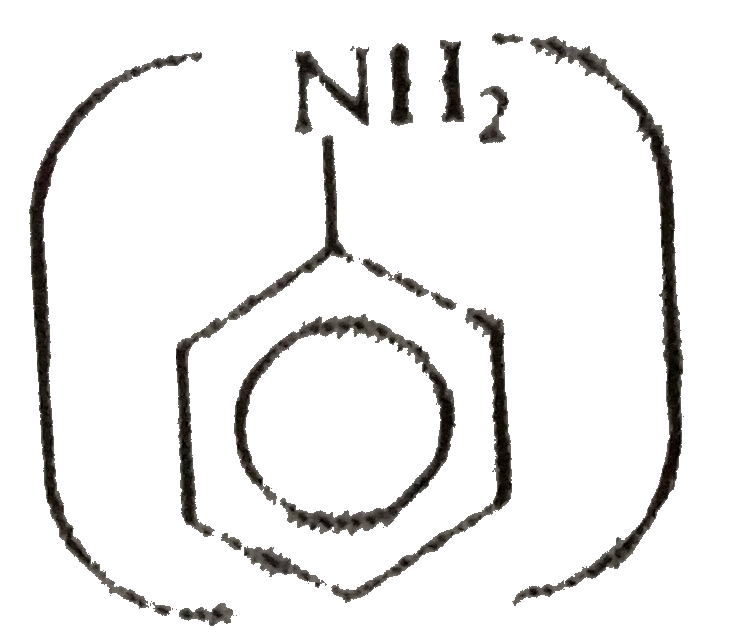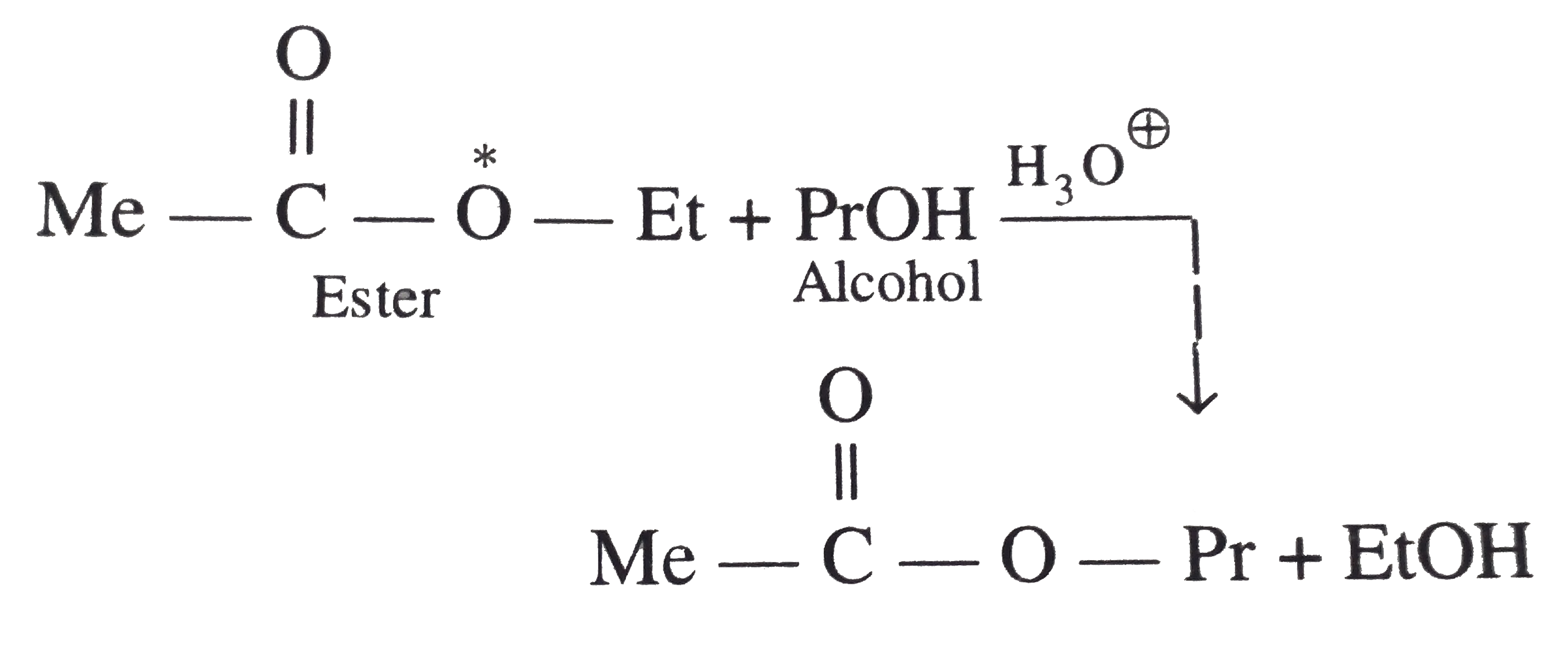Which of the following statements is wrong about reactions ?
There can be only three values of molecularity, that is 1,2,and 3 .
There can be only four values of order , that is 0,1,2 and 3 .
There can infinite number of values for order .
The order involves rate while molecularity does not.
The correct Answer is:B
To determine which statement is wrong about reactions, we need to analyze the statements regarding molecularity and order of reactions.
1. Understanding Molecularity:
- Molecularity refers to the number of reactant molecules involved in an elementary reaction.
- The possible values of molecularity are restricted to whole numbers: 1, 2, or 3.
- Therefore, the first statement is correct: "There can be only three values of molecularity: one, two, and three."
2. Understanding Order of Reaction:
- The order of a reaction is determined from the rate law and can take on a variety of values.
- The order can be zero, positive integers, fractions, or even infinite.
- Thus, the second statement is incorrect: "There can be only four values of order: zero, one, two, and three." This is wrong because the order of reaction can be any non-negative value, including fractions and even infinite values.
3. Rate Law and Molecularity:
- The rate law expresses the rate of a reaction as a function of the concentration of reactants raised to a power (the order).
- Molecularity does not appear in the rate law expression; it is only the order that plays a role in determining the rate of the reaction.
- Therefore, the third statement is correct: "The rate involves the order while molecularity does not."
Conclusion:
The wrong statement about reactions is the second one regarding the order of reaction, which incorrectly limits the possible values to zero, one, two, and three.
Final Answer:
The wrong statement is: "There can be only four values of orders: zero, one, two, three."
---
- Molecularity refers to the number of reactant molecules involved in an elementary reaction.
- The possible values of molecularity are restricted to whole numbers: 1, 2, or 3.
- Therefore, the first statement is correct: "There can be only three values of molecularity: one, two, and three."
- The order of a reaction is determined from the rate law and can take on a variety of values.
- The order can be zero, positive integers, fractions, or even infinite.
- Thus, the second statement is incorrect: "There can be only four values of order: zero, one, two, and three." This is wrong because the order of reaction can be any non-negative value, including fractions and even infinite values.
- The rate law expresses the rate of a reaction as a function of the concentration of reactants raised to a power (the order).
- Molecularity does not appear in the rate law expression; it is only the order that plays a role in determining the rate of the reaction.
- Therefore, the third statement is correct: "The rate involves the order while molecularity does not."
The wrong statement about reactions is the second one regarding the order of reaction, which incorrectly limits the possible values to zero, one, two, and three.
The wrong statement is: "There can be only four values of orders: zero, one, two, three."
Topper's Solved these Questions
- CHEMICAL KINETICSBook:RC MUKHERJEEChapter:CHEMICAL KINETICSExercise:PROBLEMS
Explore 42 Videos
- CHEMICAL EQUIVALENCEBook:RC MUKHERJEEChapter:CHEMICAL EQUIVALENCEExercise:PROBLEMS
Explore 24 Videos
- CHEMICAL THERMODYNAMICSBook:RC MUKHERJEEChapter:CHEMICAL THERMODYNAMICSExercise:Objective problems
Explore 58 Videos
Similar Questions
Knowledge Check
Which of the following statement is wrong about CO
AIt acts as lewis base in the formation of metal carbonylsBIt is a neutral oxideCIt acts as acid with NaOH under high pressure, temperature to give sodium formateDIt acts as a p acceptor by accepting electrons from the central metal during complex formation
The reaction (C ) to (F and G) is called mercuration-demercuration reaction. Which of the following statements is wrong about the reaction.AThe reaction proceeds via the formation of mercurinium ion as an intermediate.BThe electrophile is H⊕gOAc.CIn the final step, Hg1+ is reduced to Hgo.DIn the final step, Hg2+ is reduced to Hgo.
The reaction (C ) to (D) and (E ) is called alkoxy mercuration-demercuration reaction. Which of the following statement, is wrong about the reaction ?AIn the first step, alkoxy meruration occues, i.e., Hg(Oac)2 or Hg(OCOCF3)2 and ROH/ArOH add to the double bond.BIn the second step, demecuration occurs, i.e., NaBH4 reduces, HgOAc or Hg(OCOCF3) group to hydrogen.CThe net reaction is addition of ROH/ArOH accor-ding to Markovnikov's rule.DRearrangement takes place.
Which of the following statements wrong about aniline

View SolutionWhich of the following statements is wrong about the transesterification reaction, catalysed by H3O⊕(H2SO4ordryHCl) or ROӨ(EtONa) ?
 .
.
View SolutionWhich of the following statements is wrong about bryophytes
View SolutionWhich of the following statements is wrong about bryophytes?
View SolutionWhich of the following statements is wrong about athode rays?
View Solution
